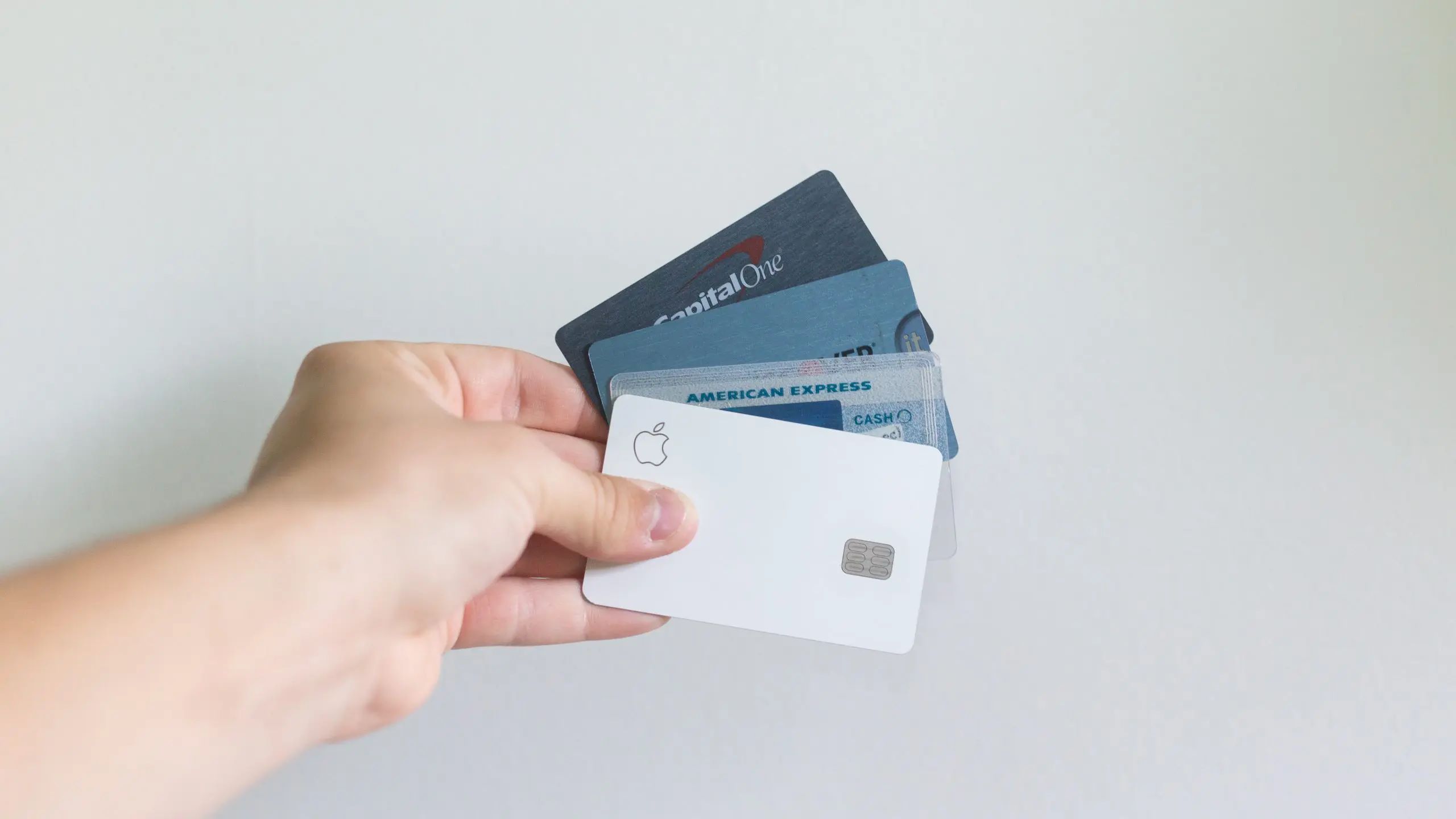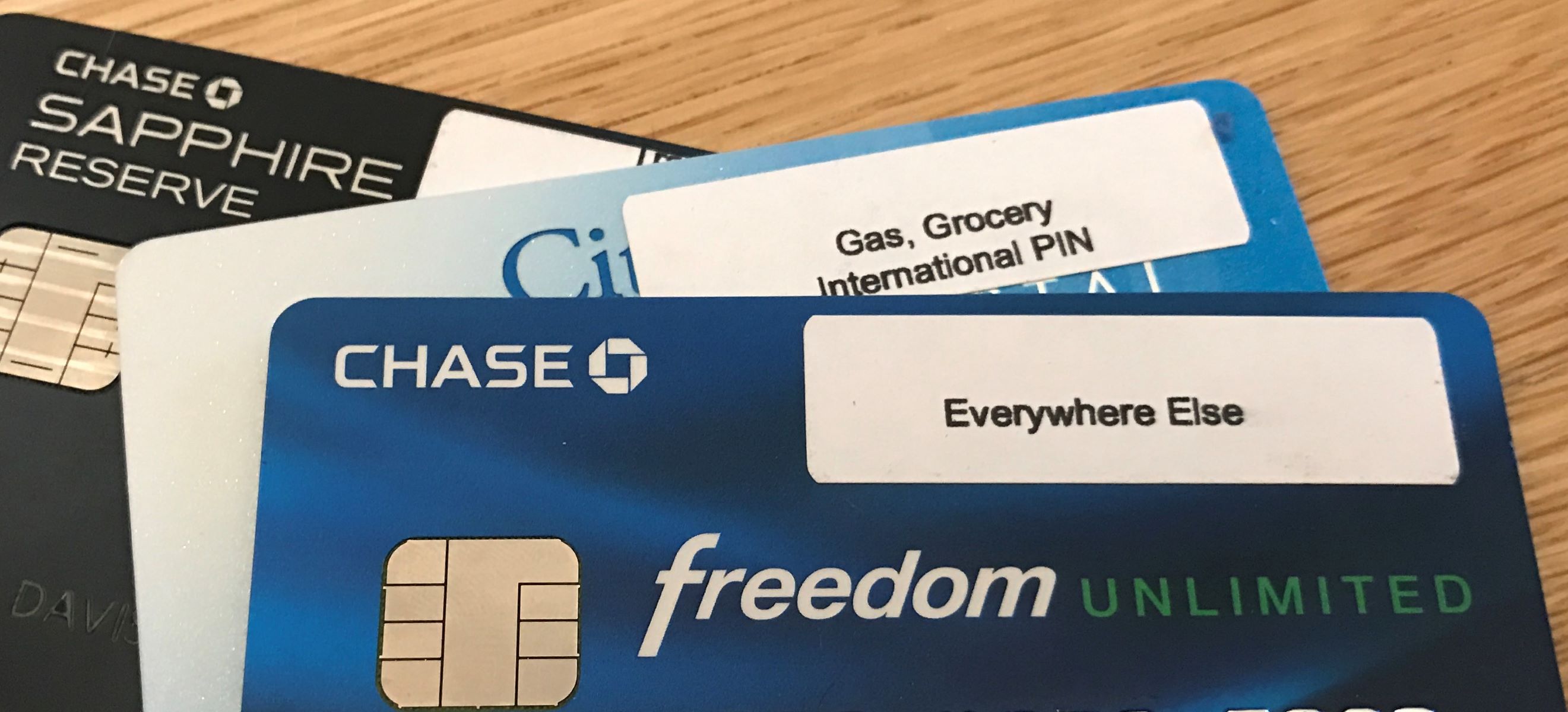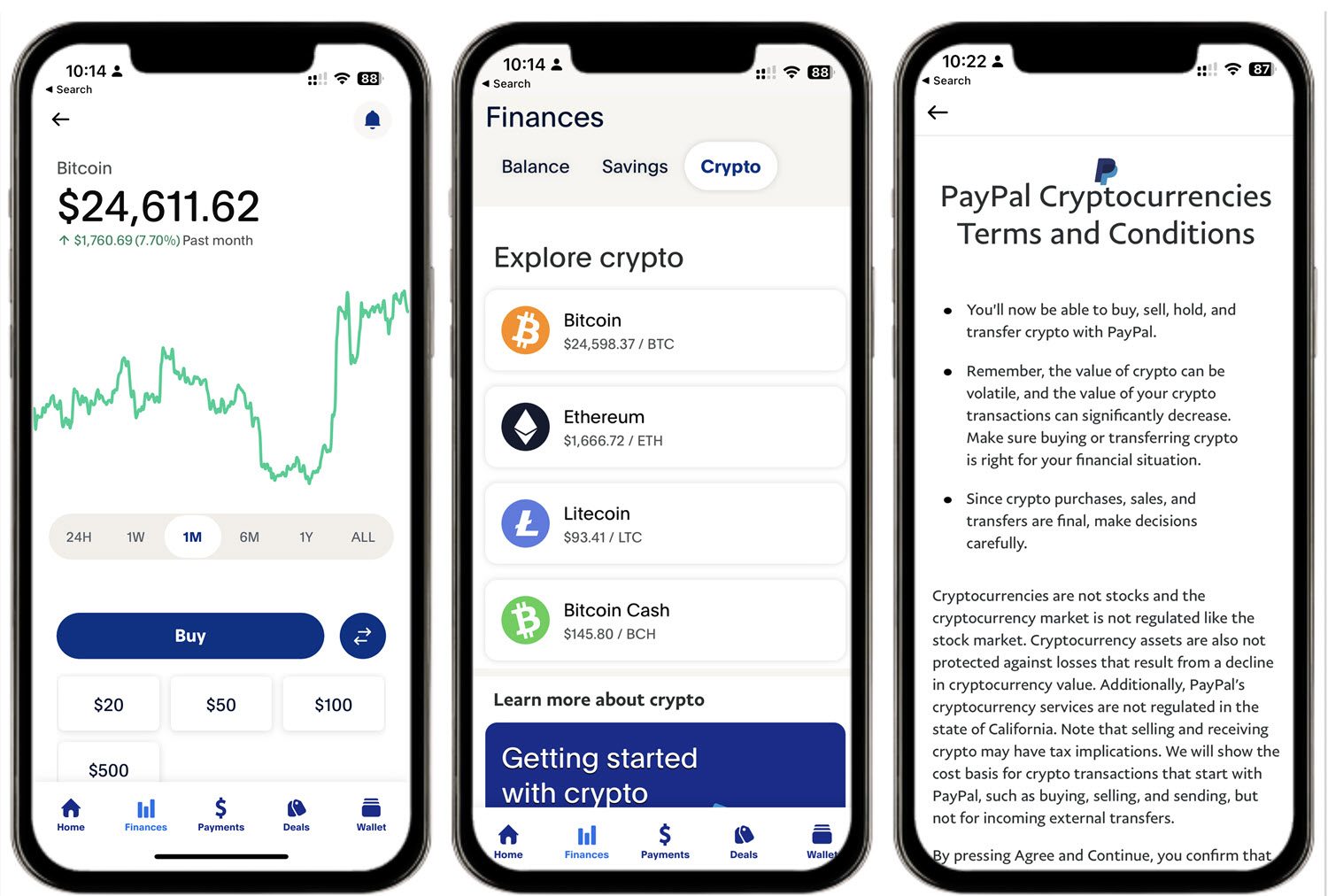

Finance
What Is A Private Label Credit Card
Published: October 24, 2023
Learn all about private label credit cards and how they can benefit your finances. Discover the advantages and features of these specialized credit cards.
(Many of the links in this article redirect to a specific reviewed product. Your purchase of these products through affiliate links helps to generate commission for LiveWell, at no extra cost. Learn more)
Table of Contents
Introduction
Welcome to the world of private label credit cards! In today’s ever-evolving financial landscape, private label credit cards have become increasingly popular among retailers and consumers alike. Offering a unique twist on traditional credit cards, private label credit cards provide a host of benefits and opportunities for both retailers and shoppers.
But what exactly is a private label credit card? How does it differ from a regular credit card? And what advantages does it offer? In this article, we will dive into the world of private label credit cards, exploring their definition, how they work, their benefits, drawbacks, and how they compare to regular credit cards.
Whether you’re a retailer looking to expand your customer base or a consumer seeking convenient and exclusive shopping perks, understanding private label credit cards is crucial. So, let’s embark on this educational journey together and unveil the insights behind these enticing financial tools.
Now, let’s start by delving into the very definition of a private label credit card.
Definition of a Private Label Credit Card
A private label credit card is a type of credit card that is issued by a retailer or a business, rather than a traditional financial institution like a bank. These branded credit cards are designed to be used exclusively at the issuing retailer’s stores or affiliated locations. They typically feature the retailer’s logo and offer specialized benefits and rewards tailored to the specific store or brand.
Private label credit cards are essentially a partnership between a retailer and a financial institution. The retailer partners with a card issuer, typically a major credit card company, to create a credit card program exclusive to their brand. The card issuer handles the back-end operations of the credit card, such as transaction processing and customer service, while the retailer promotes and markets the card to its customers.
Unlike regular credit cards, which can be used at any merchant that accepts credit card payments, private label credit cards are limited in their acceptance. They can only be used at the retailer or affiliated stores that are part of the program. This exclusivity allows retailers to create a dedicated customer base and encourages repeat business.
Private label credit cards often come with unique features and benefits that cater specifically to the retailer’s customers. These may include special discounts, bonus rewards, deferred interest financing options, and exclusive access to sales events. By offering these perks, retailers aim to incentivize customers to choose their branded credit card as the preferred payment method, ultimately driving brand loyalty and increasing sales.
Now that we have a clear understanding of what defines a private label credit card, let’s explore how these cards actually work and the mechanisms behind their operation.
How Private Label Credit Cards Work
Private label credit cards work similarly to regular credit cards in terms of their use and payment structure. When a consumer applies for a private label credit card, they go through the standard credit approval process. Once approved, they receive a physical card or a digital card number that can be used for purchases at the issuing retailer or its affiliated stores.
When a customer makes a purchase using their private label credit card, the transaction is processed by the card issuer. The retailer receives payment for the purchase from the card issuer, minus any fees or commissions. From the customer’s perspective, the transaction appears as a regular credit card charge, and the customer is billed for the purchase amount on a monthly statement.
Private label credit cards often come with a credit limit, which is the maximum amount of money the customer can charge to the card. This limit is determined based on the customer’s creditworthiness and can vary widely. It’s important for cardholders to stay within their credit limit to avoid over-limit fees or potential damage to their credit score.
One key aspect of private label credit cards is the financing options they may offer. Many retailers provide special financing terms, such as zero percent interest for a specified period of time. This allows customers to make larger purchases and pay them off over time without incurring interest charges. However, it’s essential for customers to carefully read the terms and conditions of these financing offers and understand the potential consequences, as high interest rates may apply if the balance is not paid off within the promotional period.
In terms of managing and tracking private label credit card activity, both retailers and customers have access to online portals or mobile apps provided by the card issuer. Through these platforms, customers can view their current balance, make payments, track their rewards, and access other account-related information. Retailers, on the other hand, can access reporting and analytics related to the usage of their private label credit cards, allowing them to evaluate the success of their program and make informed business decisions.
Now that we have explored how private label credit cards work, let’s take a closer look at the benefits they offer to both retailers and consumers.
Benefits of Private Label Credit Cards
Private label credit cards offer a range of benefits to both retailers and consumers, making them an attractive financial tool for all parties involved. Let’s delve into some of the key advantages that private label credit cards provide:
- Enhanced Brand Loyalty: Private label credit cards can play a significant role in fostering brand loyalty. By offering exclusive rewards, discounts, and special financing options, retailers can incentivize customers to choose their store over competitors. This increased loyalty translates into repeat business and a higher customer retention rate.
- Increased Sales: By introducing a private label credit card, retailers can provide customers with an additional payment option, resulting in increased sales volume. Studies have shown that customers tend to spend more when using credit cards compared to cash, and offering exclusive benefits through a private label credit card can further boost customer spending.
- Targeted Marketing Opportunities: Since private label credit cards are exclusive to a particular retailer or brand, they allow for targeted marketing efforts. Retailers can analyze customer spending patterns and preferences to personalize promotional offers and rewards, creating a tailored shopping experience that resonates with customers.
- Customer Data and Insights: Private label credit cards provide retailers with valuable customer data, including purchase history, demographic information, and spending patterns. This data can be leveraged to gain insights into customer behavior and preferences, driving informed decision-making in areas such as inventory management, marketing strategies, and customer engagement.
- Special Financing Options: Private label credit cards often come with special financing options, such as zero percent interest for a specified period of time. This can be a major benefit for customers looking to make larger purchases without incurring immediate interest charges. It offers flexibility in budgeting and allows for more manageable payments over time.
- Exclusive Discounts and Rewards: Private label credit cards frequently offer exclusive discounts, rewards, and perks to cardholders. These can include percentage discounts on purchases or special access to sales events. These added benefits make shopping with a private label credit card a more enticing and rewarding experience.
By understanding and leveraging these benefits, retailers can create a compelling value proposition for their private label credit cards, while customers can take advantage of the perks and convenience offered by these unique financial tools.
Now, let’s explore some of the potential drawbacks associated with private label credit cards so that you can make an informed decision about their suitability for your financial needs.
Drawbacks of Private Label Credit Cards
While private label credit cards offer many benefits, it’s essential to consider the potential drawbacks before deciding to apply for one. Here are some of the drawbacks associated with private label credit cards:
- Limited Acceptance: One significant drawback of private label credit cards is their limited acceptance. Unlike regular credit cards, which can be used at any merchant that accepts credit card payments, private label credit cards can only be used at specific retailers or affiliated stores. This can be inconvenient if you frequently shop at different establishments.
- Higher Interest Rates: Private label credit cards often come with higher interest rates compared to regular credit cards. This is especially true if cardholders carry a balance beyond the promotional period for special financing offers. It’s important to be cautious and understand the interest rates associated with the card to avoid getting into debt or paying excessive interest charges.
- Potential for Fees: Private label credit cards may come with various fees, such as annual fees, late payment fees, or over-limit fees. These fees can eat into the potential savings or rewards offered by the card. It is crucial to read the terms and conditions carefully and be aware of any potential fees associated with the card.
- Impact on Credit Score: As with any credit card, irresponsible use of a private label credit card can negatively impact your credit score. Maxing out the credit limit, missing payments, or carrying a high balance can lower your credit score, making it harder to obtain favorable terms for future credit applications. It’s important to use the card responsibly and make timely payments to maintain a good credit standing.
- Lack of Payment Flexibility: Private label credit cards typically offer limited payment options. Unlike regular credit cards that allow for minimum payments or full payments, private label credit cards may enforce full payment for each statement. This lack of payment flexibility can be challenging for customers who prefer to make only minimum payments or who rely on revolving credit.
Considering these potential drawbacks, it is important to evaluate your personal financial situation and determine if the benefits of a private label credit card outweigh the potential disadvantages. It’s crucial to read the terms and conditions, understand the fees and interest rates, and make an informed decision based on your unique needs and spending habits.
Now, let’s compare private label credit cards with regular credit cards to understand their similarities and differences.
Comparison with Regular Credit Cards
Private label credit cards and regular credit cards share similarities in terms of their function as a payment method, but they also have distinct differences. Here’s a comparison between private label credit cards and regular credit cards:
- Acceptance: Regular credit cards have widespread acceptance and can be used at virtually any merchant that accepts credit card payments. In contrast, private label credit cards are limited to specific retailers or affiliated stores. If you prefer flexibility and the ability to use your credit card at multiple establishments, a regular credit card may be a better choice.
- Interest Rates: Private label credit cards can have higher interest rates compared to regular credit cards. This is particularly true if you carry a balance and don’t pay it off within the promotional period for special financing offers. Regular credit cards may offer more competitive interest rates, especially if you have a good credit score.
- Rewards and Benefits: Both private label credit cards and regular credit cards offer rewards and benefits, but the nature of these perks varies. Private label credit cards often provide exclusive discounts, rewards, and financing options specific to the issuing retailer or brand. Regular credit cards, on the other hand, typically offer more diverse rewards programs, such as cashback, travel rewards, or points that can be redeemed at various merchants.
- Flexibility: Regular credit cards typically offer more flexibility in terms of payment options. You can choose to pay the full statement balance or make minimum payments and carry a balance from month to month. Private label credit cards often require full payment for each statement, offering less leeway for payment flexibility.
- Credit Reporting: Both private label credit cards and regular credit cards report your payment history and credit utilization to credit bureaus, affecting your credit score. Responsible use of either type of credit card can help build or improve your credit score, while irresponsible use can have negative consequences.
- Availability: Regular credit cards are widely available from various financial institutions, and you can compare different options to find the card that best fits your needs. Private label credit cards, however, are exclusive to specific retailers or brands, meaning you can only obtain them through a partnership with the retailer.
Ultimately, the choice between a private label credit card and a regular credit card depends on your personal preferences, spending habits, and shopping patterns. If you frequently shop at a particular retailer and can take advantage of the exclusive benefits offered by a private label credit card, it may be a worthwhile option. However, if you prefer greater acceptance, more diverse rewards programs, and flexibility in payment options, a regular credit card may be more suitable for your needs.
Now, let’s explore some examples of well-known private label credit cards in the market.
Examples of Private Label Credit Cards
Private label credit cards have gained popularity among retailers across various industries. Here are a few examples of well-known private label credit cards:
- Amazon Store Card: The Amazon Store Card is a private label credit card exclusive to Amazon customers. It offers special financing options, such as zero percent interest for purchases above a certain amount. Cardholders can also earn rewards on their eligible purchases made on Amazon.
- Target REDcard: The Target REDcard is a private label credit card and a debit card option exclusively for Target shoppers. Cardholders enjoy a 5% discount on eligible purchases at Target, free shipping on most items from Target.com, extended return windows, and exclusive access to special offers and promotions.
- Best Buy Credit Card: Best Buy offers private label credit cards with financing options for electronics purchases. Cardholders can benefit from special financing offers, reward points on eligible purchases, access to exclusive sales events, and flexible payment options.
- GapCard: The GapCard is a private label credit card that can be used at Gap Inc. brand stores, including Gap, Old Navy, Banana Republic, and Athleta. Cardholders receive points for their purchases, special discounts and offers, and access to exclusive events and promotions.
- Kohl’s Charge Card: The Kohl’s Charge Card is a private label credit card for Kohl’s department store. Cardholders enjoy exclusive discounts and offers throughout the year, rewards points for purchases, and the opportunity to earn Kohl’s Cash, which can be used for future purchases.
These are just a few examples of private label credit cards available in the market. Many other retailers offer their own private label credit cards, each with its unique benefits, rewards, and financing options tailored to their specific customer base.
Before applying for a private label credit card, it’s important to carefully review the terms and conditions, including interest rates, fees, and any eligibility requirements. This will help you make an informed decision and ensure the card aligns with your spending habits and financial goals.
Now, let’s conclude our exploration of private label credit cards.
Conclusion
Private label credit cards offer a unique and tailored financial solution for both retailers and consumers. While they may not have the widespread acceptance of regular credit cards, private label credit cards provide exclusive benefits and rewards specific to the issuing retailer or brand. They foster brand loyalty, increase sales, and offer targeted marketing opportunities.
By leveraging their partnerships with financial institutions, retailers can offer specialized financing options and unique rewards programs to entice customers to choose their private label credit cards. These perks can include exclusive discounts, special financing terms, and access to exclusive sales events. Customers, in turn, enjoy the convenience and benefits of a credit card tied to their favorite retailers.
However, it’s important to consider the potential drawbacks of private label credit cards, such as limited acceptance, higher interest rates, potential fees, and the impact on credit scores. Responsible use and understanding of the terms and conditions are crucial to make the most of these specialized credit cards without falling into financial pitfalls.
Comparing private label credit cards with regular credit cards highlights their distinct features and benefits. Regular credit cards offer greater acceptance, more diversified rewards programs, and more flexible payment options, while private label credit cards provide exclusive benefits and financing opportunities tied to specific retailers.
Examples of well-known private label credit cards, such as the Amazon Store Card, Target REDcard, Best Buy Credit Card, GapCard, and Kohl’s Charge Card, showcase the variety and appeal of these specialized financial tools.
Ultimately, the decision to apply for a private label credit card depends on individual preferences, shopping habits, and financial goals. It’s essential to evaluate the benefits, drawbacks, and terms of each card before making an informed decision.
Now equipped with a comprehensive understanding of private label credit cards, you can confidently navigate the world of retail credit and make the choice that aligns best with your financial needs and preferences.














